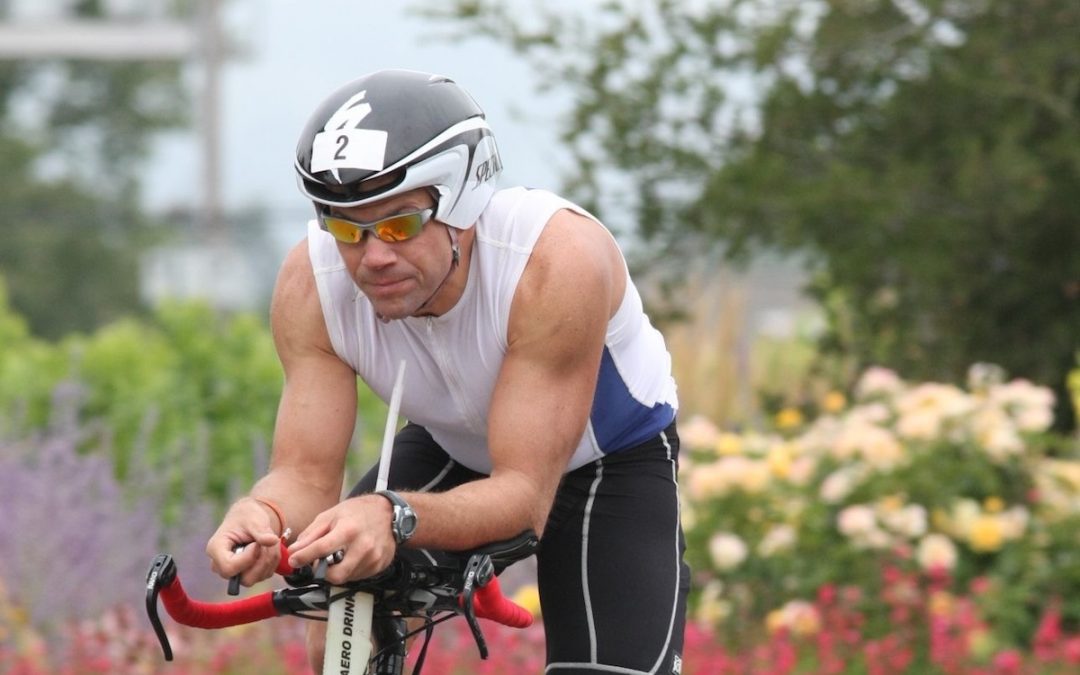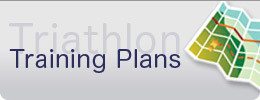What Distinguishes the Successful Triathletes from the Unsuccessful Triathletes?
This is a question I’ve been pondering as the triathlon season ends in North America.
Is it better genetics? The ability to train for as much time as needed? The ability to recover quickly from training? A strong background in swim, bike and/or run? Access to the best coach or the best training plan? Desire? Commitment? Consistency? Dedication?
All of the above are factors that can lead to faster finish times and success for sure. Unfortunately, you can’t do anything about your genetics and if you don’t have a strong background in a sport(s) then you’re at disadvantage to someone who does. Some factors are outside our control.
Assuming two triathletes – one successful and one not – with similar ability and a similar training program, I believe there is an underlying principle for the successful triathlete that cuts across all of the factors of success that we can control: paying attention.
Let me first define “success.” I’ll use this definition from Google: the accomplishment of an aim or purpose.
In other words, in order to succeed, you first need to have an objective or a goal. Success is then achieving that objective or goal. Therefore, a successful triathlete is a triathlete who accomplishes their objective or goal. As such, I’m not defining success simply as a finish time or placing (unless that’s the athlete’s goal of course).
What Makes a Goal a Great Goal?
Use the “SMART” acronym:
- S = Simple: Can you summarize your goal in a few key words or phrases?
- M = Measurable: Can you quantify if you achieved the goal or not?
- A = Achievable: Research by Kylio and Landers also showed that “moderately” as opposed to “extremely” difficult goals leads to better performance.1 Ground goals based on past results and desired outcomes. Focus on the positive – what you want to achieve (vs. avoid).
- R = Relevant: Is your goal relevant to the outcome you want?
- T = Time bound: A plan (or goal) without out a deadline is a dream.
Now that you have a clearly defined goal(s) that meets the qualities of SMART, let’s explore what I mean by “paying attention” with an example:
One of the triathletes who recently completed one of my training plans achieved his goal of a sub-10 hour IRONMAN at IRONMAN Florida on November 4th. This was his second IRONMAN. He dropped a total of 1:42 minutes off his time from his first IRONMAN so significant improvement.
Why Was He Successful?
Because he paid attention to the things that would get him to his goal. He asked questions about the training. He researched options for nutrition and hydration then tested them in training to see what worked best for them. He monitored and reviewed his training sessions. If he felt excessively tired, he rested. He paid attention to sensations of effort, discomfort, fatigue and energy during training.
Because he was so in tune with his body (because he had paid attention to the sensations in training and other races) and clear with his objective, he was able to race with no watch, heart monitor or power meter and achieve his goal.
Something to Think About
What can you start paying attention to in order be successful next year? Maybe it’s paying attention to your swim stroke efficiency? Or paying attention to your recovery between workouts? Or paying attention to your motivation levels? Or paying attention to your goals?
Happy training,
David
—
Coach David B. Glover, MS, CSCS has completed 28 IRONMAN distance triathlons including two sub 9 hour finishes and winning Vineman Full twice. Now, David’s passion now is helping triathlete and other endurance athletes achieve their dreams through his online triathlon education and training company, ENDURANCEWORKS. David has an MS in Exercise Physiology and is certified as a coach by USA Triathlon and USA Cycling as well as having his CSCS from NSCA. After six years of living, training and coaching in the triathlon mecca of Boulder, CO, David currently resides in Southern California.
References:
1 Kyllo, L. B., & Landers, D. M. (1995). Goal setting in sport and exercise: A research synthesis to resolve the controversy. Journal of Sport & Exercise Psychology.


